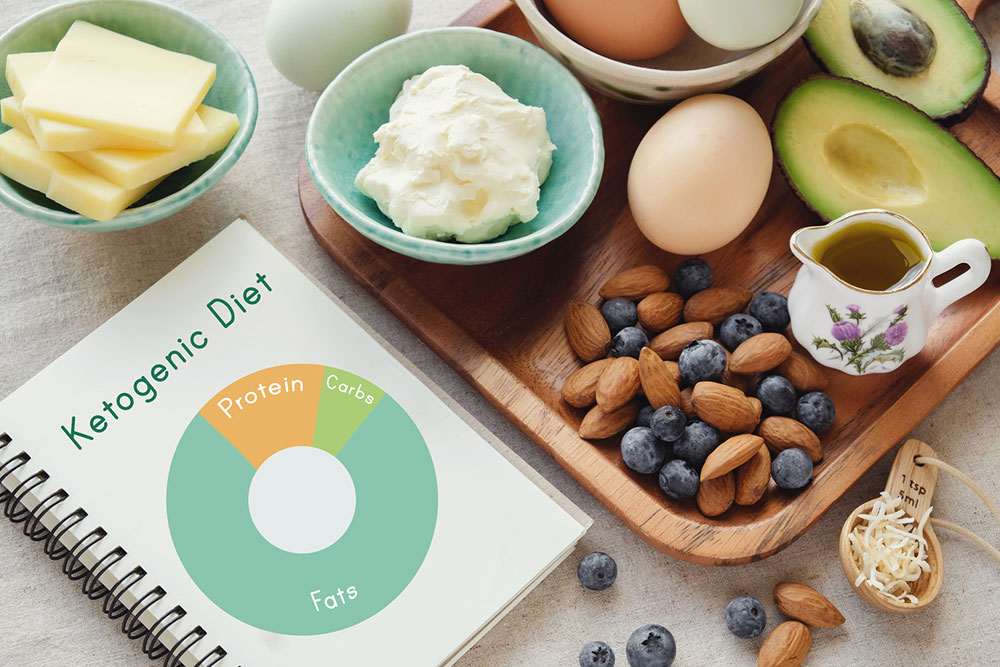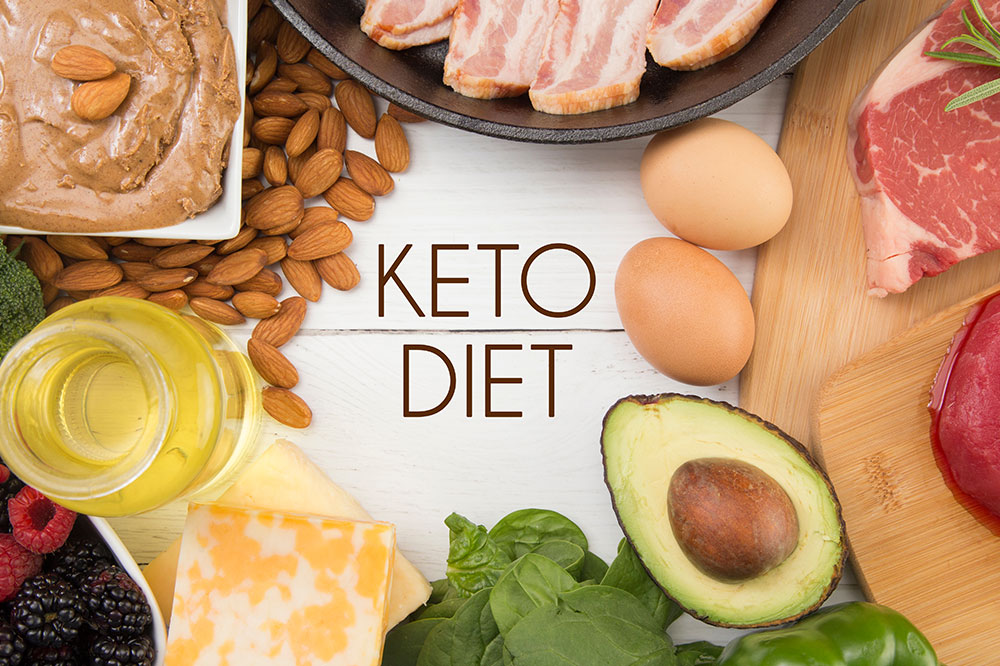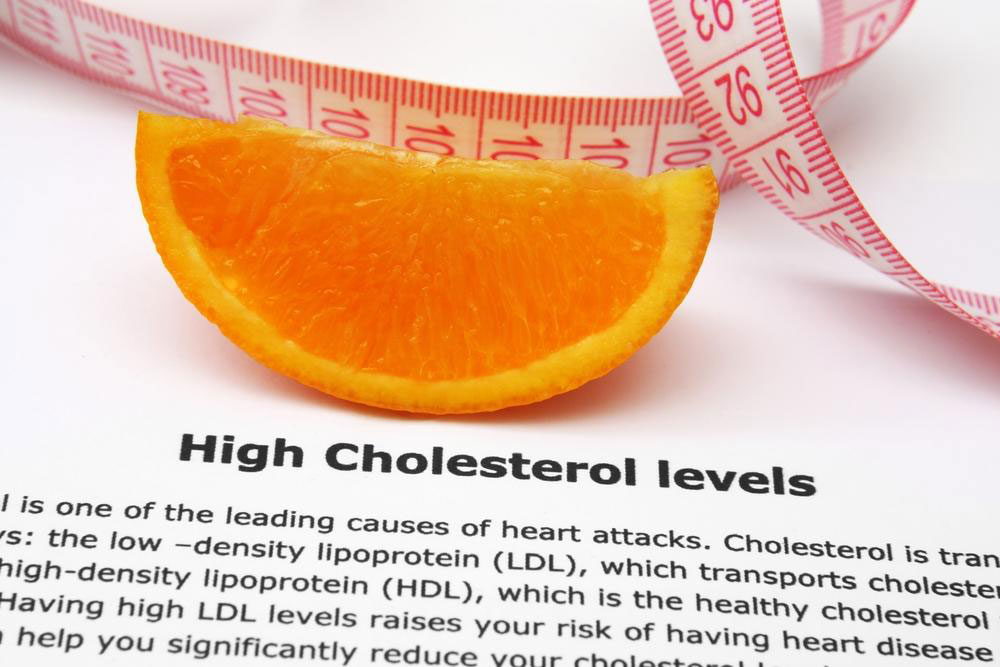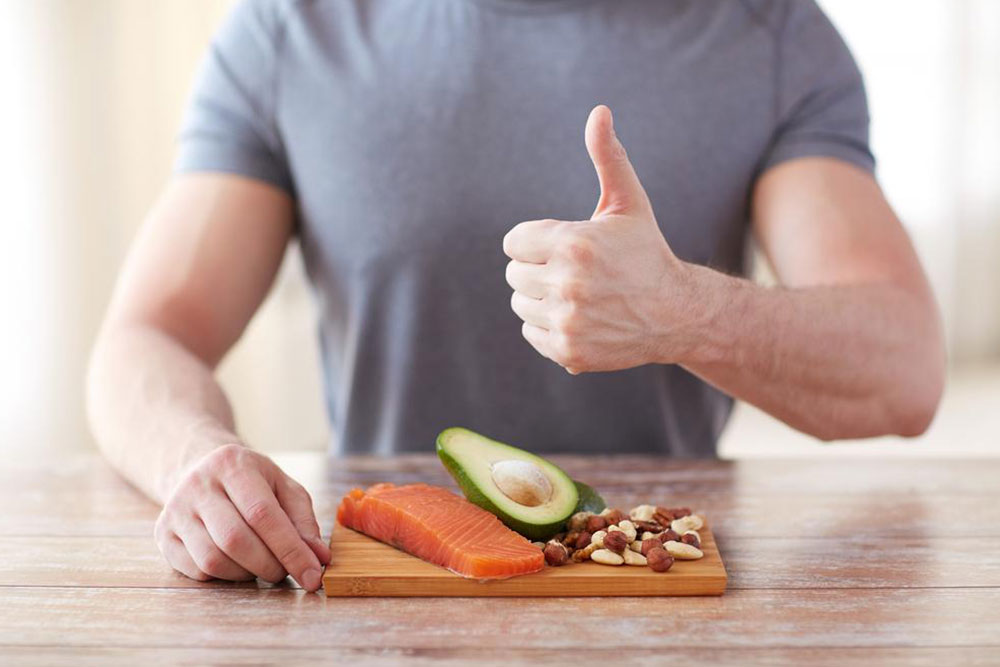Essential Guide: 7 Foods to Avoid on a Ketogenic Diet for Optimal Health
This comprehensive guide highlights the top seven foods to avoid on a ketogenic diet, emphasizing healthy fat selection, natural sweeteners, and the importance of avoiding processed foods, soy, and dairy that can hinder ketosis. By understanding these dietary pitfalls, individuals can optimize their keto journey for better health, weight loss, and metabolic improvements. Whether you are a beginner or looking to refine your diet, this article provides valuable insights into maintaining a clean, effective ketogenic lifestyle.

Seven Foods to Steer Clear Of When Pursuing a Keto Lifestyle
The ketogenic diet has garnered immense popularity for its effectiveness in weight management and enhancing metabolic health. This low-carbohydrate, high-fat dietary approach involves shifting the body's primary energy source from glucose derived from carbs to fat, which leads to a metabolic state known as ketosis. Achieving and maintaining ketosis requires meticulous attention to dietary choices, especially avoiding foods that can hinder progress or disrupt the delicate metabolic balance.
Understanding which foods to exclude is vital for anyone committed to a keto lifestyle. In this comprehensive guide, we explore the top seven foods that should be avoided to ensure maximum benefits from your ketogenic journey and to prevent common pitfalls that could impact your health and weight loss goals.
Vegetable and seed oils
A critical aspect of the ketogenic diet is selecting the right fats. Many processed vegetable oils, such as soybean, corn, sunflower, safflower, cottonseed, and canola oils, are commonly found in prepared foods. Although designed to extend shelf life, these oils are highly processed and often contain trans fats or oxidized fats when heated, which can promote inflammation and oxidative stress in the body. Consuming these oils regularly can impair your health and sabotage your keto efforts. Instead, focus on healthy fats like extra virgin olive oil, coconut oil, avocado oil, and ghee or clarified butter, which support ketosis and offer anti-inflammatory benefits.
Artificial sweeteners
To satisfy sweet cravings without carbs, many turn to artificial sweeteners. However, the common zero-calorie options, including aspartame, sucralose, acesulfame potassium, and saccharin, can have adverse health effects and may interfere with ketosis. Some studies suggest they can stimulate appetite or cause insulin responses similar to sugar. For natural, safer alternatives, consider stevia or erythritol, derived from plant sources, which have minimal impact on blood sugar levels and support metabolic balance.
Sugar alcohols
Often used in sugar-free candies, gum, and baked goods, sugar alcohols like maltitol, lactitol, sorbitol, and xylitol are popular sweetener substitutes. Yet, their consumption can lead to gastrointestinal discomfort such as bloating, gas, and diarrhea. Additionally, excessive intake might reduce ketone levels and impede fat-burning. Erythritol stands out as a keto-friendly option—it's low in calories, doesn't cause digestive issues, and doesn't raise blood sugar, making it a preferred sweetener for keto recipes.
Diet sodas
Marketed as low-carb or zero-calorie drinks, diet sodas often contain artificial sweeteners and additives that are detrimental to a keto diet. Despite the absence of sugar, some brands include up to 40 grams of carbohydrates per can from artificial sweeteners and flavorings. Studies indicate that artificial sweeteners may trigger insulin responses and cravings that hinder weight loss. Instead, opt for sparkling water or seltzers with natural flavoring—these hydrate and provide a fizzy refreshness without compromising ketosis.
Processed and packaged foods
Convenience foods like energy bars, snack mixes, and pre-made keto products can be tempting, but many are riddled with hidden sugars, vegetable oils, preservatives, and additives that disrupt ketosis. These foods often contain refined carbs masking themselves as healthy. Preparing homemade keto snacks and meals ensures control over ingredients. Be vigilant about reading labels—look for products free from added sugars, cheap vegetable oils, and artificial ingredients to maintain a clean diet.
Soy products
Soy-based foods such as tofu, soy milk, soy protein, and soy meat alternatives contain phytoestrogens, which can mimic estrogen and influence hormonal balance. Additionally, soy contains phytates that can impair mineral absorption, leading to deficiencies if consumed excessively. While moderate soy intake may be acceptable for some, on a strict keto plan, it's advisable to limit or avoid soy products to preserve hormonal health and maximize nutrient absorption.
Dairy products
Dairy can be a complex component of a keto diet. While high-fat dairy like cheese, heavy cream, and butter can support ketosis, some individuals may experience digestive discomfort or weight stalls when consuming dairy. Lactose and casein proteins can sometimes cause inflammation or bloating. For those sensitive, dairy alternatives such as coconut milk, almond milk, or cashew cheese provide flavorful options without risking ketosis disruptions. Moderation is key, and choosing full-fat, minimally processed options can improve outcomes.
In conclusion, achieving success on a ketogenic diet involves more than just understanding what to eat; it requires awareness of foods that can derail your progress. By avoiding the seven food categories outlined above, you can optimize your body's ability to enter and sustain ketosis, improve overall health, and reach your weight management goals more effectively. Remember, the quality of fats, spices, and ingredients makes a significant difference in the results you achieve on this healthful lifestyle.





